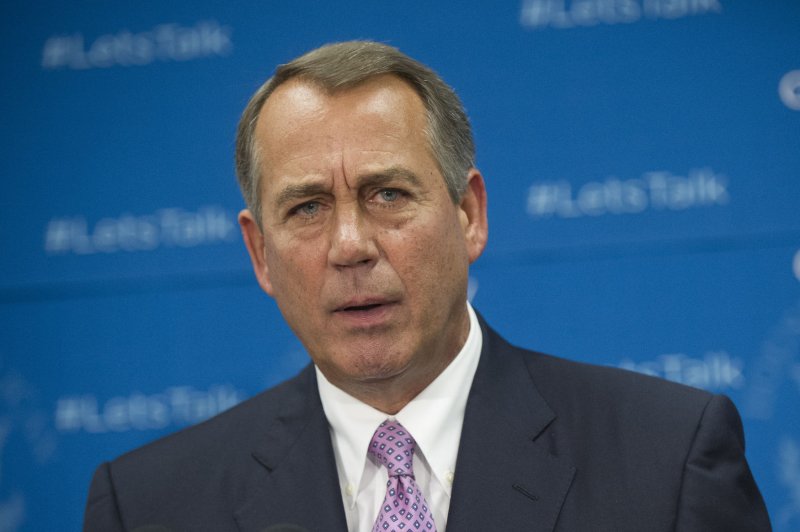NEW YORK, Oct. 4 (UPI) -- A Goldman Sachs analyst said don't hold your breath, but predicted the U.S. government shutdown will end with a double-deal compromise in mid-October.
MarketWatch reported Friday that a report generated at the investment bank sees the budget impasse and the debt ceiling issue being thrown in together and that one all-encompassing compromise will end the Capitol Hill gridlock sometime before the government goes into default, which the Treasury Department has said would occur on or near Oct. 17.










